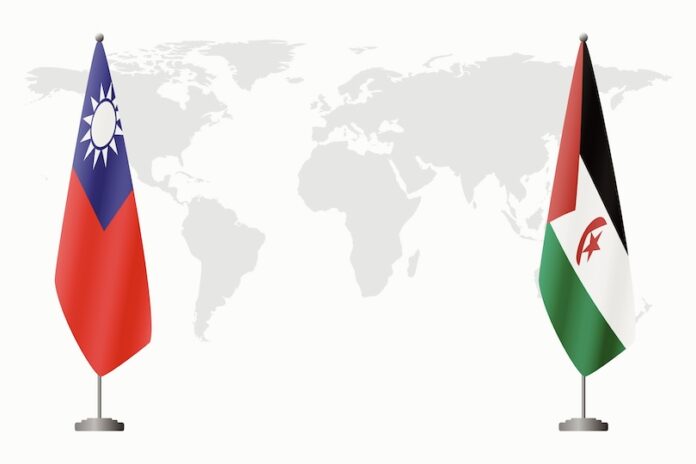We undoubtedly still live in a world of states. Although borders seem to become increasingly porous under today’s conditions of interdependence and a plethora of new actors has started to populate the scene, the entity of the sovereign state still remains the prevailing category of reference in the disciplines of International Relations and International Law (Thomson 1995: 213). Deeply embedded in the classic Westphalian conception of the world order (Lake 2003: 305f), the concept seems to constantly elude our attempts of deconstruction or reinvention and continues setting the rules of enablement and constraint.
However, the sovereign state is not a reality for millions of people today who have settled in places which do not quite fit the established system. Disputed lands, partially or non-recognized territories elect their own representatives, trade with other nations and undeniably exert influence on the international stage (Caspersen 2011: 2ff). While some make their way into fully recognized statehood or are integrated into sovereign entities, others endure in an undecided status, enjoying the acceptance by some and suffering non-recognition by others. Nevertheless, this ambiguous position hardly prevents any of these entities from constructing their unique role in the international community of states and knitting close ties with like-minded partners (see, for example, Hsieh 2007: 765f). This seems to be the case, although the missing official recognition excludes them from a significant number of far-reaching rights and duties (Kelsen 1941: 606). If not the opening of an embassy or the granting of voting power in a regional organization, then which mechanisms are responsible for creating statehood and establishing a distinctive identity? This question leads us to the central puzzle of this essay: What difference do non-official recognition practices make to the sovereignty of de facto states?
I argue that, especially in the case of not fully recognized entities, signals of acceptance that go beyond bilateral diplomatic ties or the acquisition of a seat in the UN General Assembly can confer considerable degrees of statehood upon the territories in question. I contend that their particular status in today’s ever-changing international order should and can only be understood through a critical constructivist lens that revisits traditional ideas and leaves room for the dynamic, relational and qualitative nature of recognition.
Theoretical Framework
Taking a look at the diversity of conditions under which non-fully recognized states find themselves today, it becomes quite clear that traditional theories of statehood and the recognition of sovereignty should have long been subjected to closer scrutiny. How can a change of viewpoint deepen our understanding and generate new knowledge about the contradictory recognition of de facto states?




